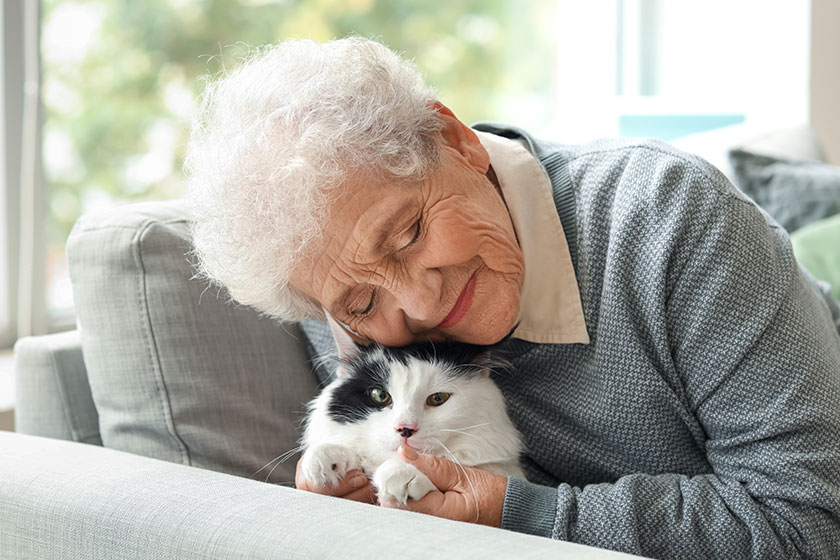As dementia progresses, individuals often face heightened feelings of isolation, confusion, and anxiety. In the midst of these challenges, a memory care unit in a retirement community can offer a unique therapeutic solution: the presence of pets. These gentle companions have the innate ability to alleviate stress, provide companionship, and create a sense of normalcy for those grappling with memory loss.
Pets as a Source of Unconditional Love
Amidst the unpredictable nature of dementia, pets stand as a constant source of unconditional love. Their unwavering affection can become a touchstone for residents, offering a sense of familiarity in an ever-shifting cognitive landscape.
Alleviating Stress and Anxiety
The simple act of petting an animal, such as a dog or cat, can drastically reduce feelings of anxiety. The rhythmic movement and the tactile sensation act as a grounding mechanism, connecting the resident with the present moment. It is a natural way to calm the mind, and numerous studies highlight its effectiveness.
Encouraging Physical Activity
The presence of pets in a memory care setting can stimulate physical activity among residents. Walking a dog around the retirement community garden or playing with a cat can encourage movement and exercise, which are crucial for overall health.
Cognitive Stimulation through Interaction
Interacting with pets can also serve as a cognitive exercise. Naming the pet, recalling past interactions, or even narrating stories from their younger days involving animals can stimulate memory recall and cognitive function. This interaction is far more organic than structured memory exercises and can be incredibly effective.
Social Benefits Within the Memory Care Unit
Pets often act as social catalysts. Residents are more likely to engage in conversations or share experiences when a pet is present. This can foster a sense of community among the residents, alleviating feelings of isolation. Group activities centered around the pet, such as shared walks or pet care routines, can further enhance this social aspect.
A Sense of Responsibility and Purpose
Caring for a pet, even in minor ways, can instill a sense of purpose among dementia residents. Simple tasks like feeding the pet, brushing its fur, or ensuring it has water can give residents a routine and a sense of responsibility, making them feel valued and needed.
Safety and Care Considerations
It is essential to ensure that the pets in the memory care setting are specifically trained or are naturally calm and patient. Regular health check-ups for the pets and maintaining hygiene standards are of paramount importance. The memory care unit must also ensure that the animals are well-taken care of and are not stressed or overburdened by their therapeutic role.
Integration with Other Therapies
The benefits of pets can be further enhanced when integrated with other therapies available in the retirement community. Combining pet therapy with senior living amenities or retirement community events can offer a holistic approach to dementia care, targeting both emotional and cognitive well-being.
A Holistic Approach to Memory Care
The integration of pets within a memory care unit is not merely a whimsical choice but a deeply therapeutic one. These animals, with their unconditional love and calming presence, offer dementia residents a chance to reconnect with the world around them, stimulate their cognitive faculties, and, most importantly, experience joy and companionship. As more retirement communities recognize the profound impact of this natural therapy, pets are becoming an integral part of the therapeutic landscape in memory care.







